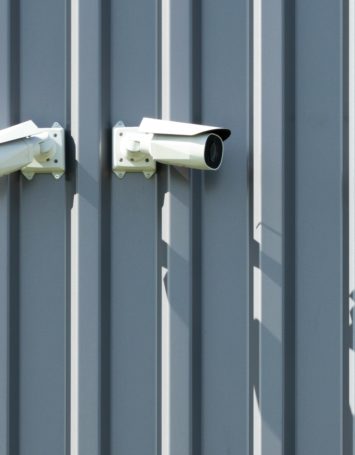Written by Haim Ravia and Dotan Hammer
The French National Assembly (Assemblée Nationale) approved a legislative amendment authorizing the French police to access smart devices to locate the whereabouts of suspects in crimes punishable by at least five years imprisonment. The police will also be authorized to remotely record and take pictures of suspects in terrorist offenses, juvenile delinquency, and organized crime. The amendment would allow tracking through devices such as laptops, cars, and other internet-connected devices including phones.
Members of Parliament amended the nearly final proposal by limiting access only to cases that are “justified by the nature and seriousness of the crime” and “for a strictly proportionate time”. Police access to a device will require approval by a judge, and the duration of surveillance cannot exceed six months. The police will not be allowed to target sensitive professions such as doctors, journalists, lawyers, judges, and members of parliament. This amendment still requires the re-approval of the legislative body before it becomes law.
In May 2022, La Quadrature du Net, a digital rights group, warned of the potential for abuse arising from the bill. According to the group, the bill does not clearly define what a “serious crime” is, and there is a genuine fear that the French government will use it to spy against environmental activists and others who do not commit “serious crimes”. La Quadrature du Net also stated that the bill relies on device security loopholes, demonstrating that the French police prefer to exploit loopholes instead of informing manufacturers and allowing them to fix them.
Justice Minister Eric DuPont-Moretti said the legislation would save lives and that the powers would only be used for not more than several dozens of cases a year. The Minister said that the bill is “far” from the totalitarianism depicted in George Orwell’s 1984. The bill is enacted as part of a broader justice and law reform in France.



